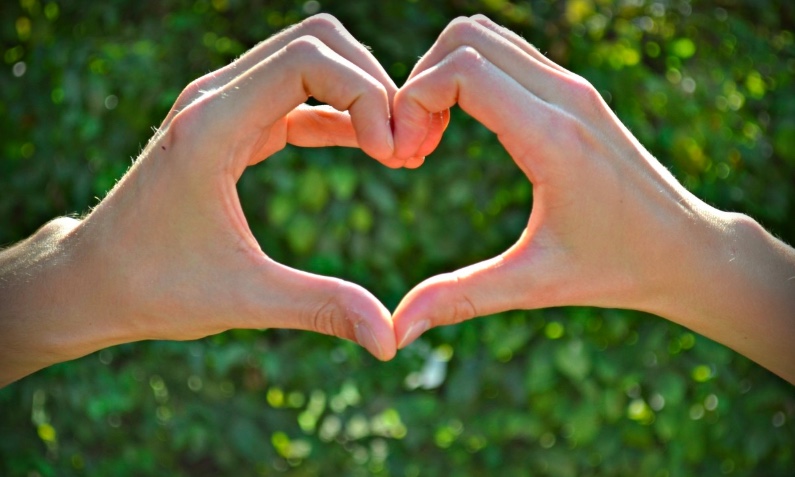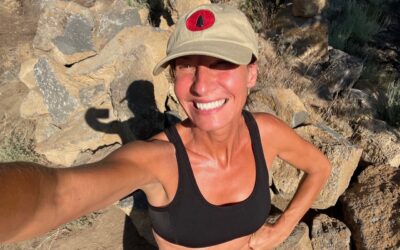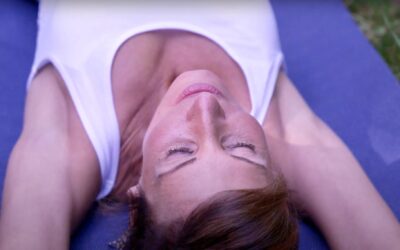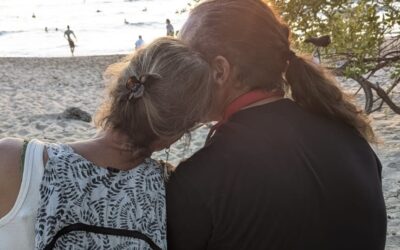Holistic Health
What is holistic health?
It is knowing your own body and taking charge of it as a complete entity, not as a specific disease.
Yes, it’s diet, it’s supplements, it’s herbal medicine, it’s exercise, it’s lifestyle, it’s gratitude, it’s “alternative” medicine. These are all hugely important to our overall well-being and balance.
But holistic health is so much more than even these things.
Holistic health encompasses your mind, your body, and your spirit. It is:
- Mind-body connection
- Nature connection and
- Personal and cultural repair
In this series of blog posts, we’re going to take a look at what those last three types of connection mean to us in our modern world, and how we can all make changes in those areas – those three pieces of the puzzle – so that we can live better, healthier, happier, more holistic lives.
What Is Personal Cultural Repair?
What is personal and cultural repair? And how do you foster it in yourself?
Personal and cultural repair is the process of fostering connection to inspire personal and global regeneration. Yes, I said global regeneration. The more people that get connected to nature, to their communities, and to themselves, the more it can filter out into the world and change our Western mindset into a more connected mindset. Much of this information comes from the studies of the very few remaining intact indigenous cultures.
Lessons from the San Bushmen
In the late 1960s, there was a study done of one of the language groups, the Ju/’hoansi San Bushmen, or the !Kung, as they’re often called, in Botswana. The study found that there was no alcohol consumption and no suicide in the San Bushmen society. It was nonexistent. Injury from interpersonal violence was rare. They also found that there were very few incidences of psychological or physiological conditions.
The reasons why stem largely from their way of living. They’re eating wild foods. They’re living in the present moment. They are hugely connected to each other and with nature within their intact culture.
I work closely with an intact San community in Western Botswana. This community has chosen to live in the bush while many of the surrounding San communities have been forced into settlements. This community is multi-generational with great-grandmothers living with great-grandnephews and great-grandnieces. Because these individuals have realized how important their culture is to their physiological and physical health and wellbeing, they remain connected and raise their younger generations in traditional ways. Communities who have lost this connection now have much alcoholism, violence, and psychological and physical illness.
Western Culture is Inherently Disconnective
In our own Western culture, we experience disconnection from ourselves, from others, and from nature. We live in a fragmented world that lacks community support structures. I believe (and many scientific studies back up my beliefs) this leads to mental, spiritual, and physical health problems.
We are in a health crisis. We may be co-located, but we are disconnected. When we lack connection, personal cultural repair helps us reconnect. It’s a piece of the puzzle to improving our overall health.
Ask yourself, are you living in a way that connects you to yourself, to your community, and to nature? It’s worth taking a look at how and where you are connected (or disconnected) in your life, and how the lack of real connection is impacting you.
FOLLOW THIS BLOG SERIES TO LEARN TANGIBLE STEPS YOU CAN TAKE TO FOSTER PERSONAL CULTURAL REPAIR IN YOU, YOUR FAMILY, AND YOUR COMMUNITY.
In the next article, I’ll discuss a huge piece of the puzzle toward rebuilding our healthy selves and healthy lives: Nature Connection.
To watch the video of this talk, visit my YouTube Channel.




